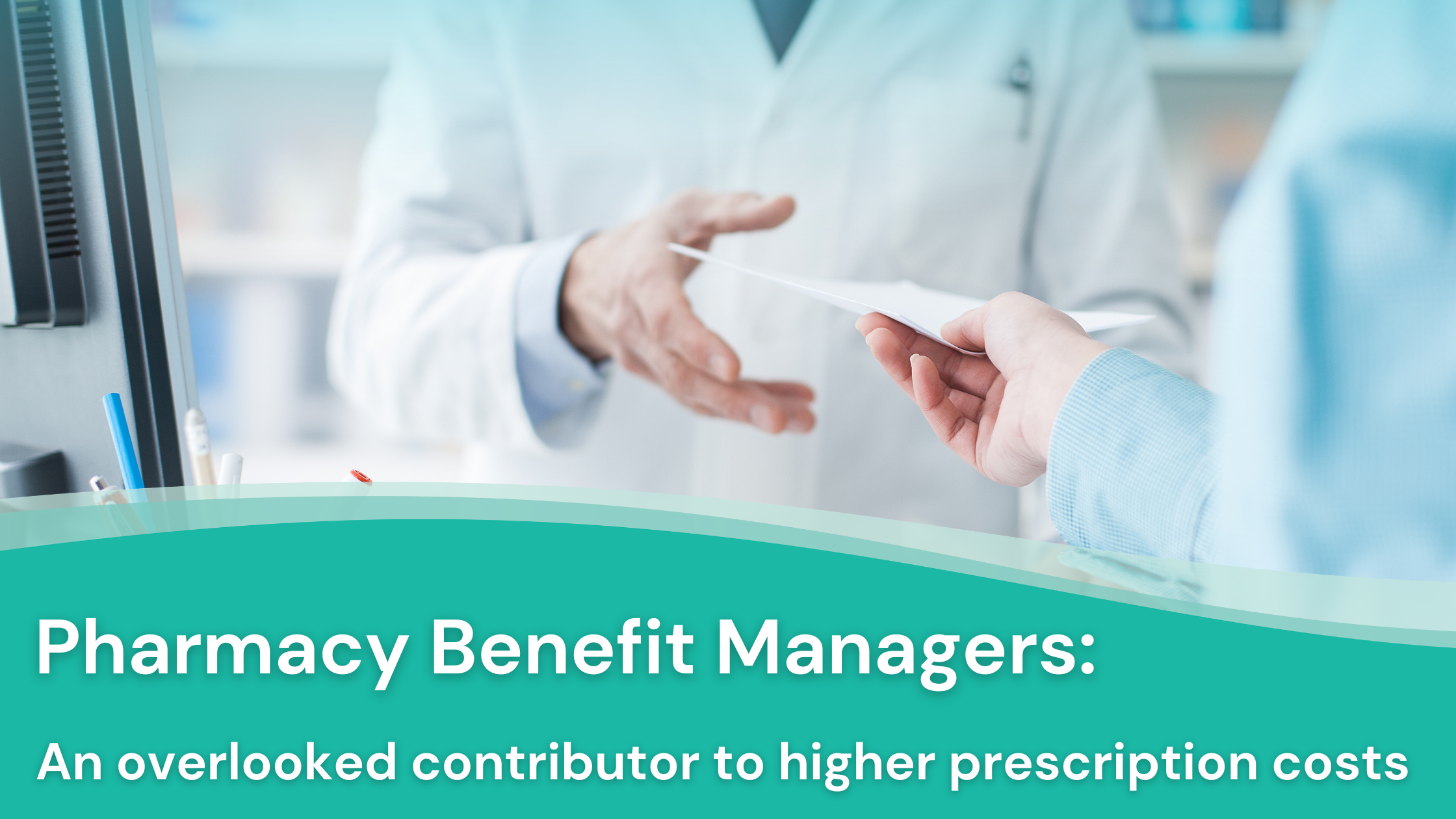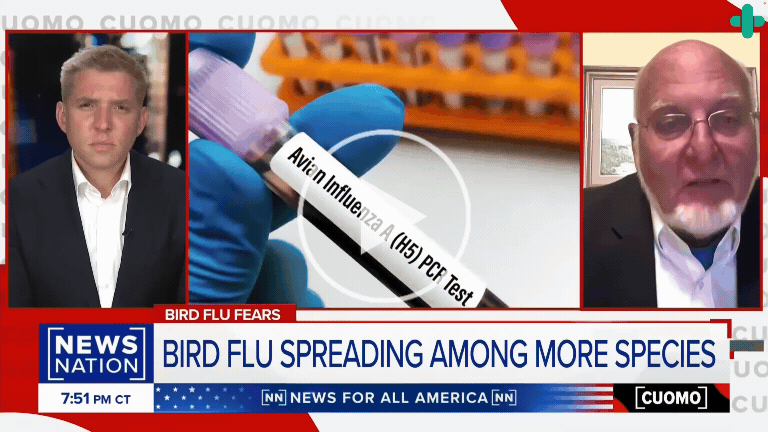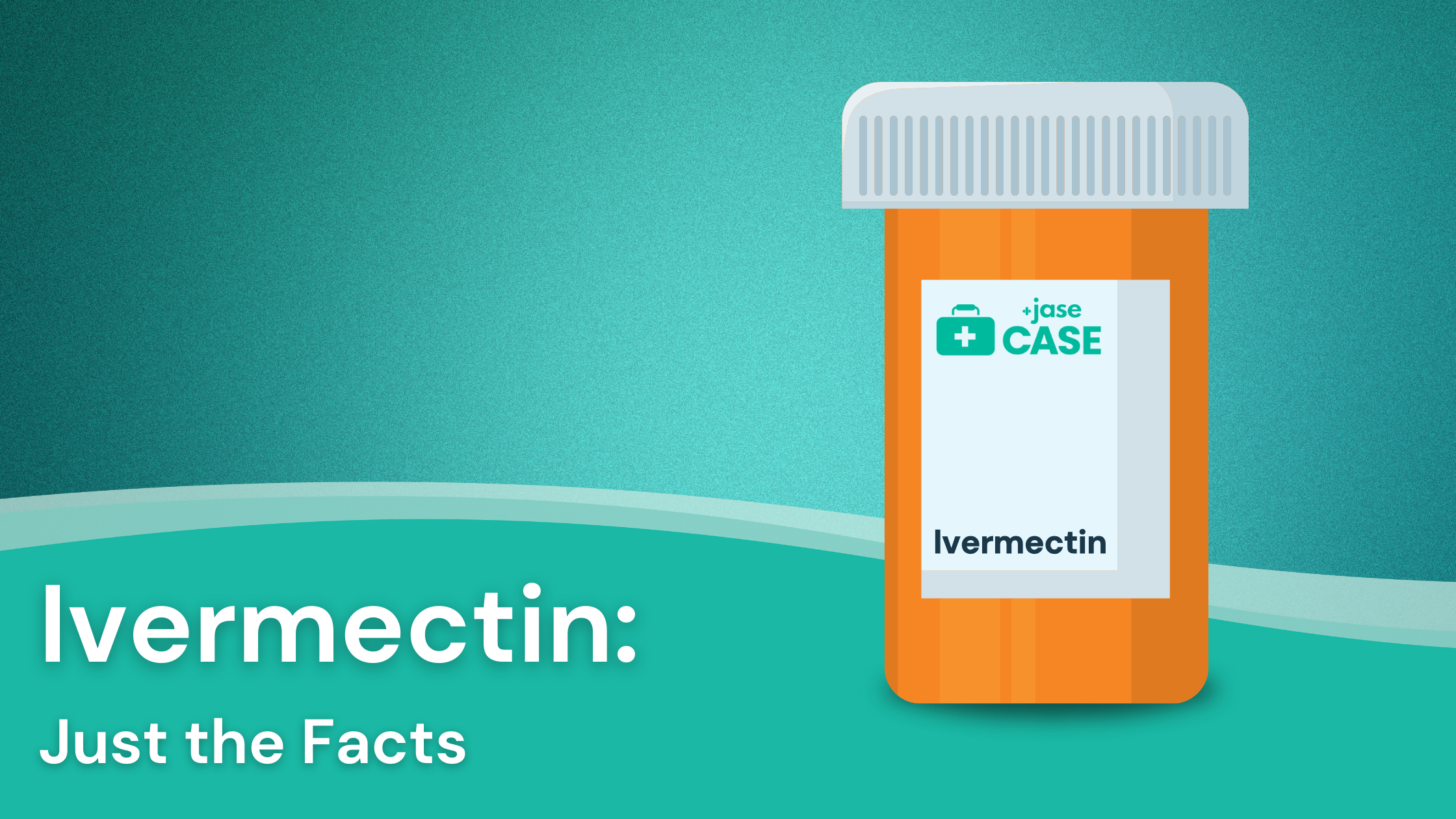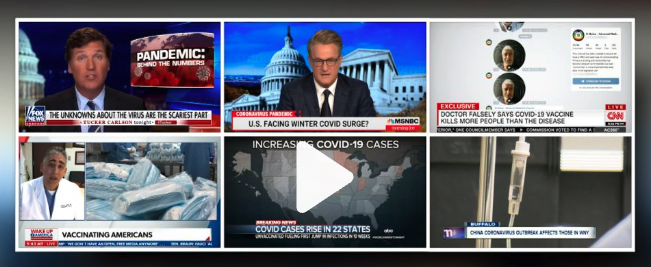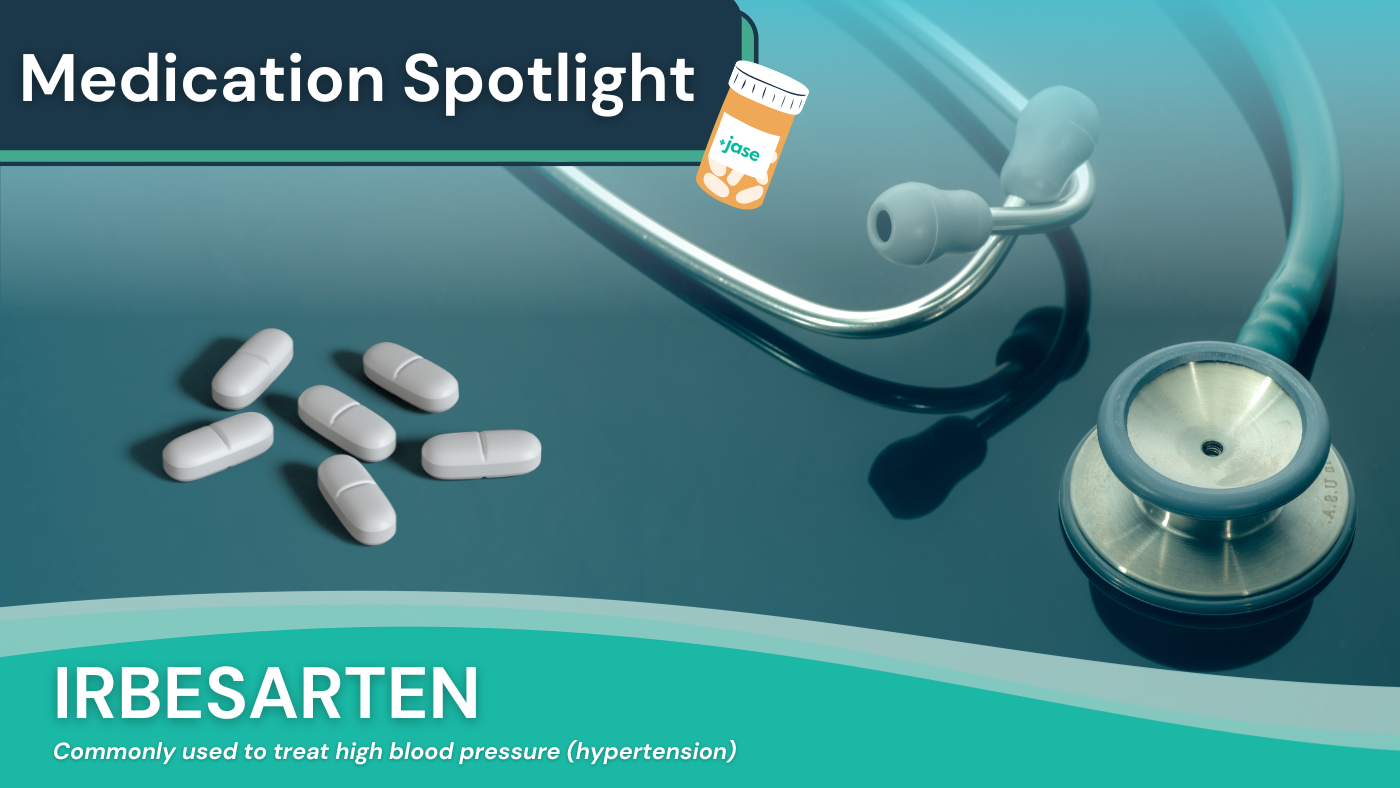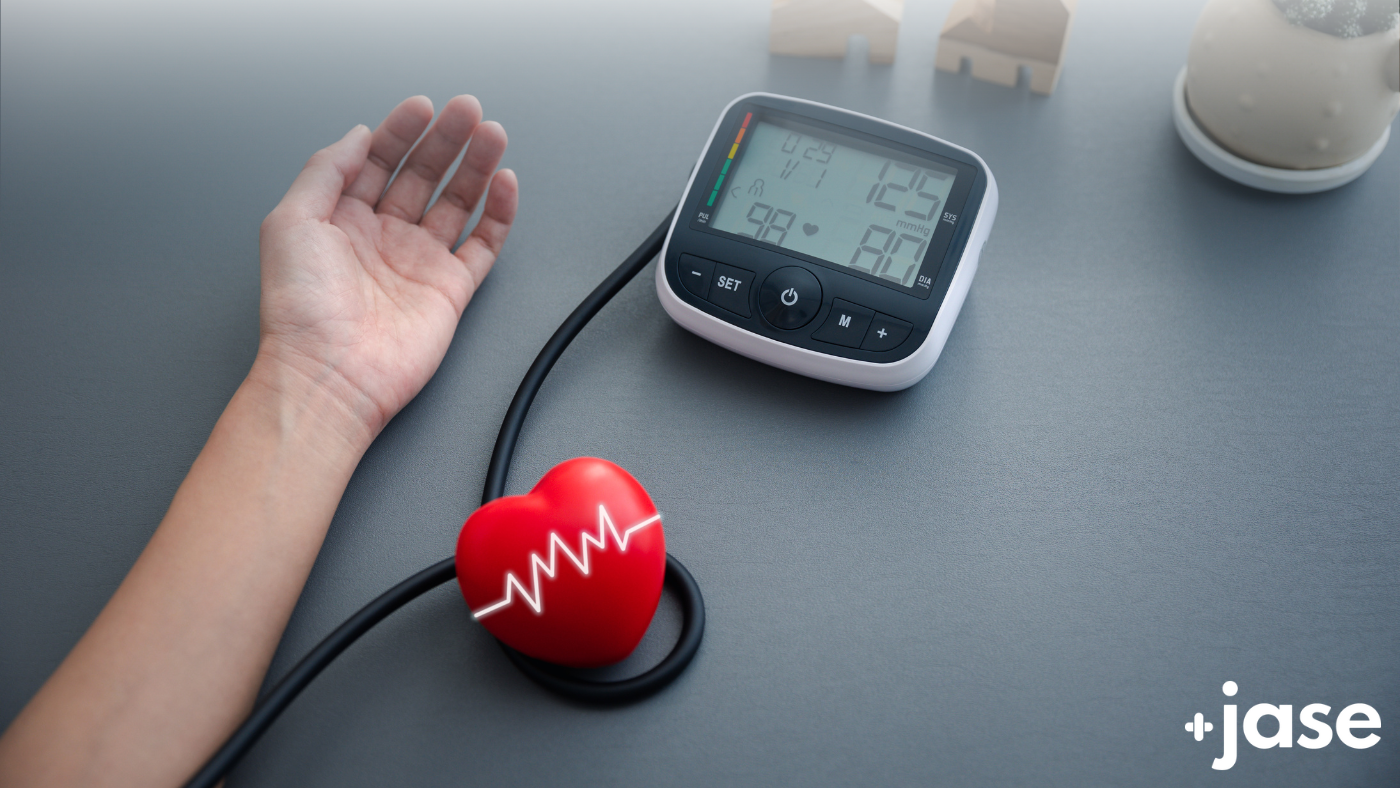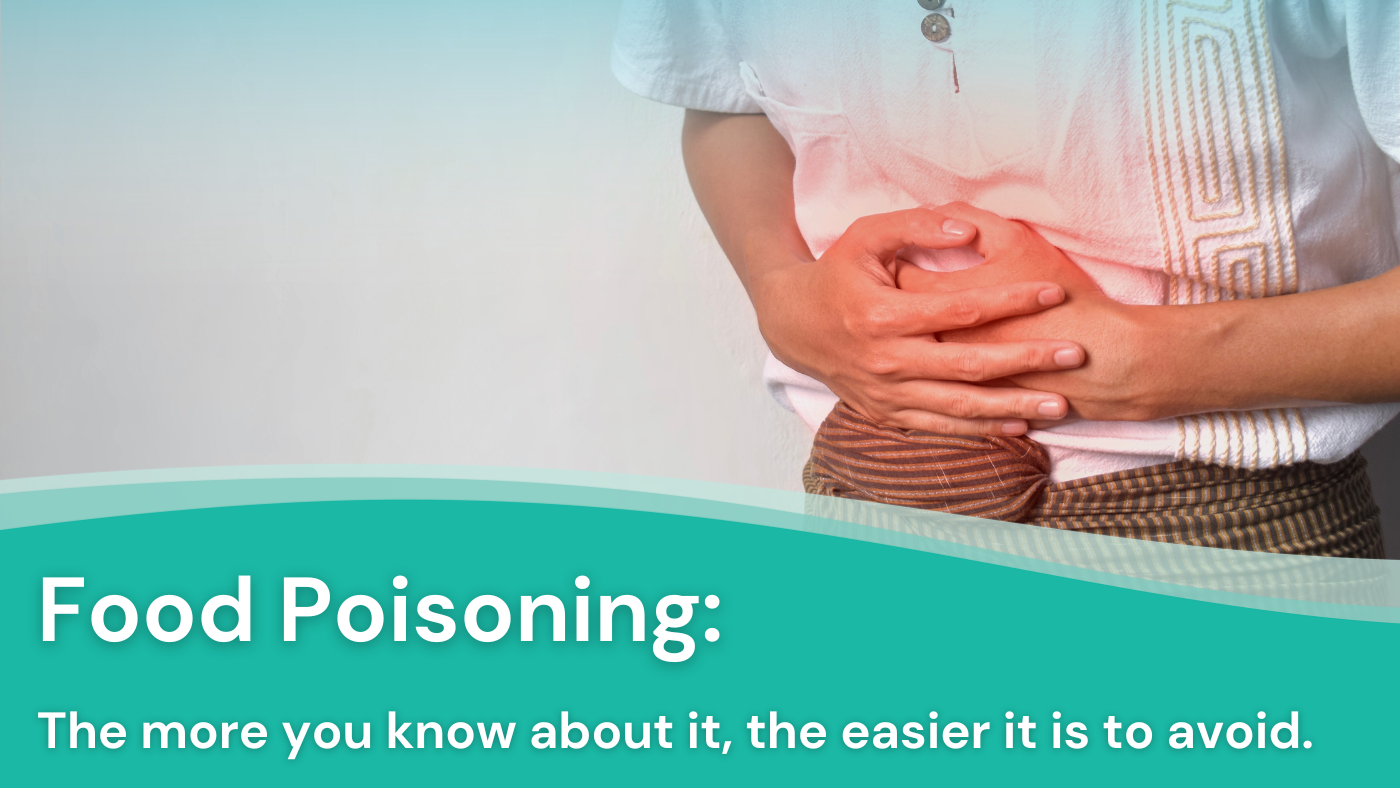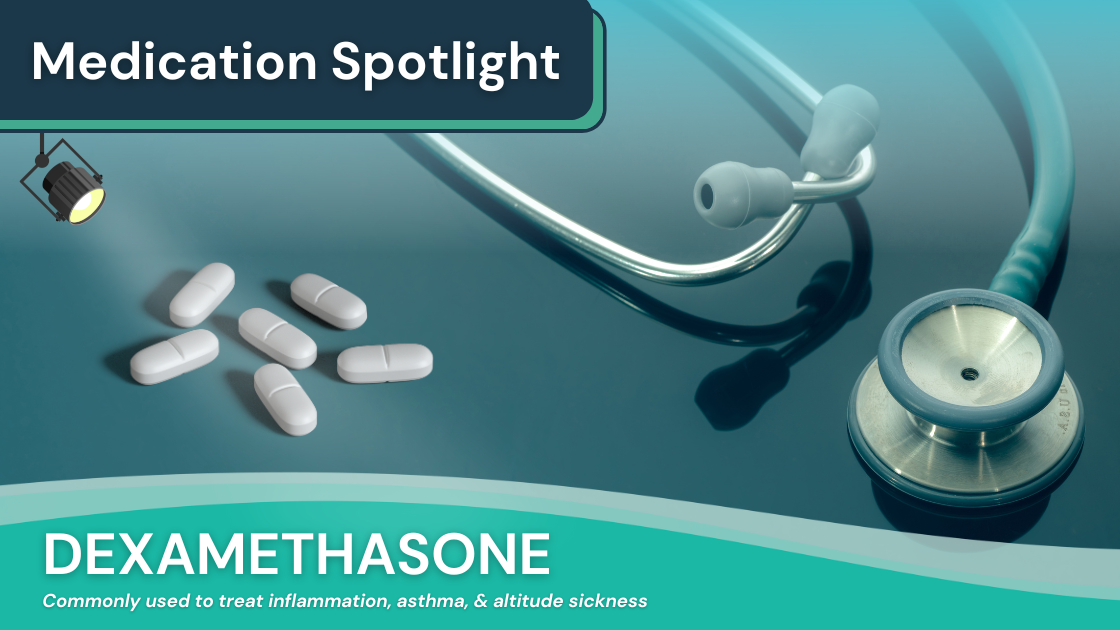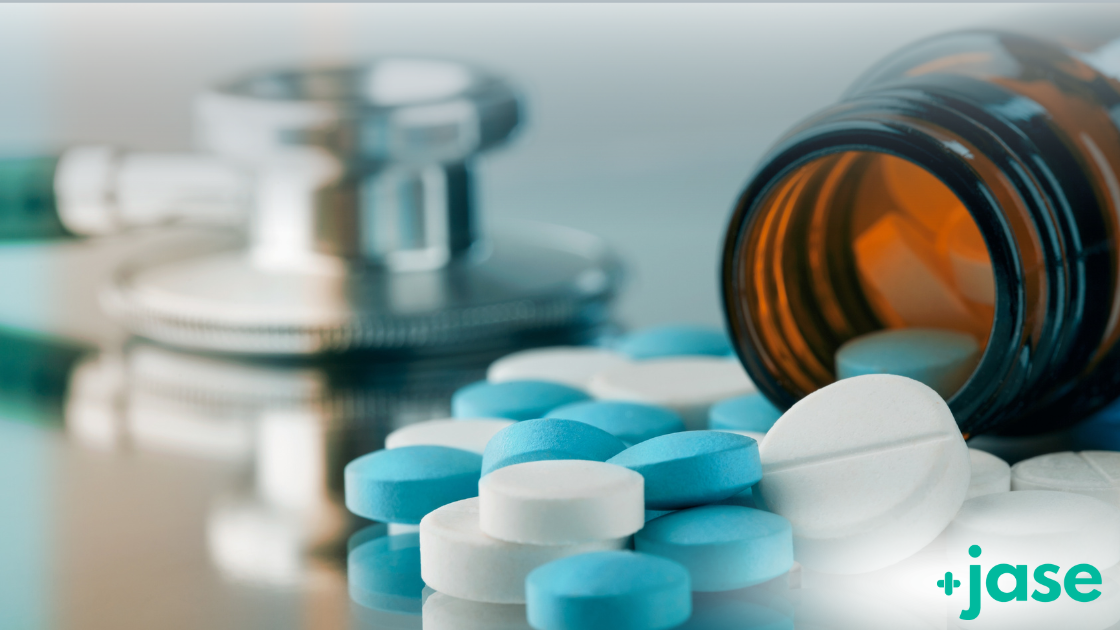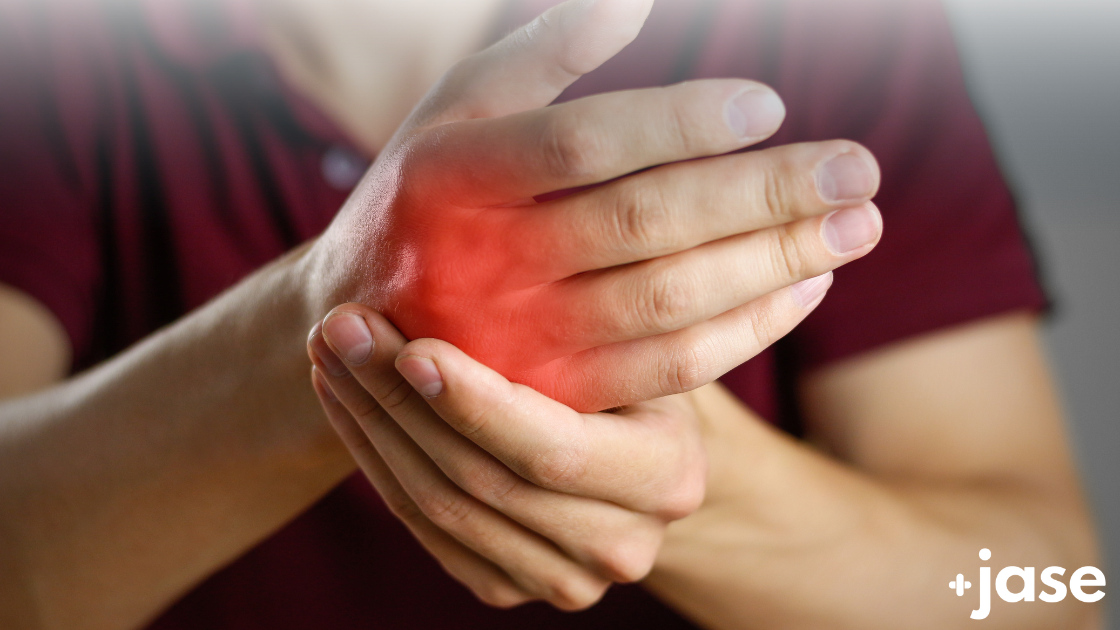Small steps today, mean a safer tomorrow for you and your loved ones.Low-Cost and No-Cost Emergency Preparedness So far in our series for National Preparedness Month this September, we've already covered How to Make an Emergency Plan for Your Household and How to...
In the News: Pharmacy Benefit Managers and Your Prescription Costs
PBM’s are supposed to lower prescription costs; they often do the opposite.
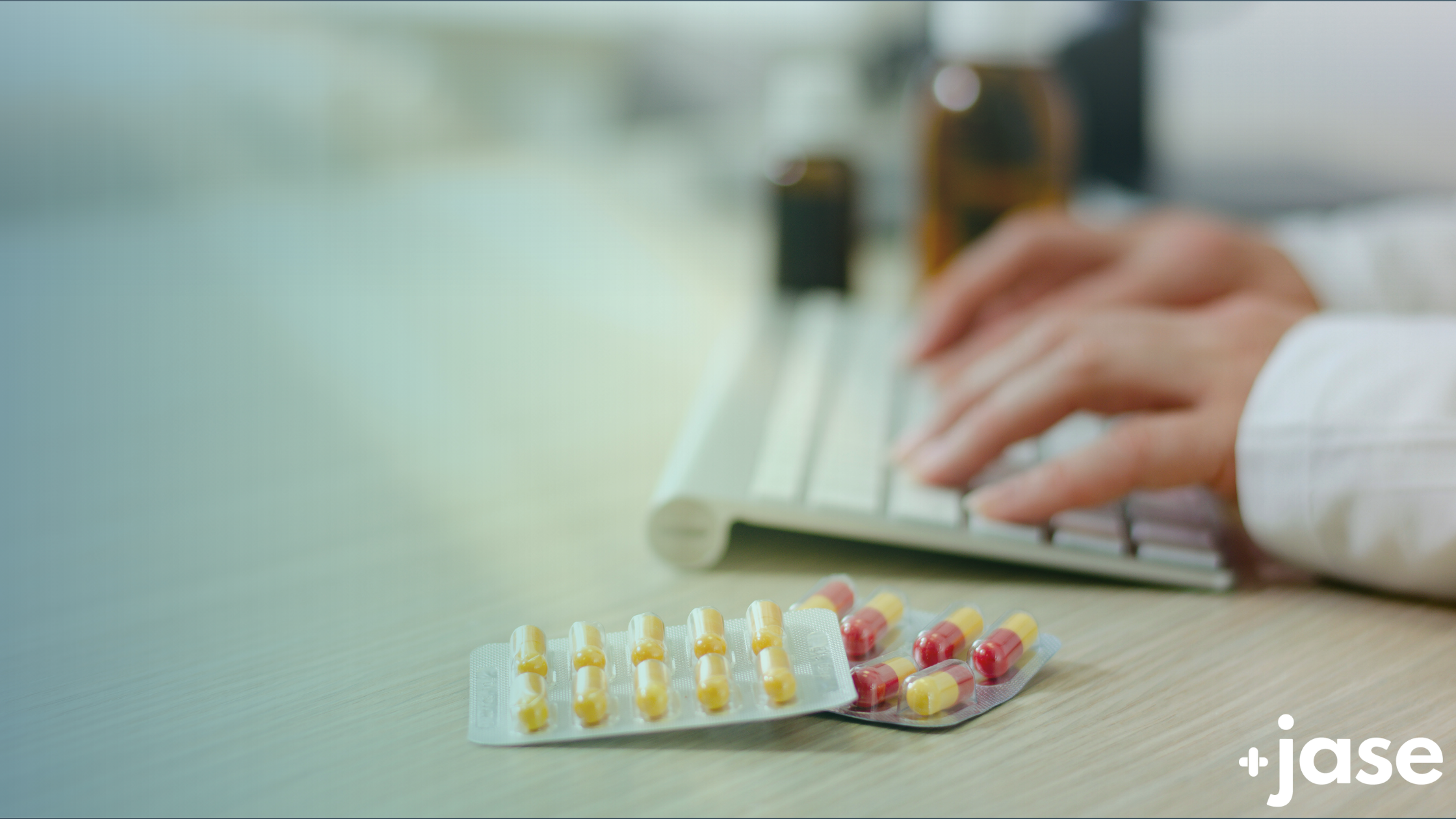
News you should know about:
Pharmacy Benefit Managers and their secretive role in your prescription costs:
A new investigative report by the NYT shows that an mostly secretive group of companies called Pharmacy Benefit Managers (PBM’s), and their subsidiaries called Group Purchasing Organizations (GPO’s) often end up leading to higher prescription drug prices for consumers, despite their stated role being to actually lower prescription costs. Almost all of these companies are owned by either CVS health, UnitedHealth, or Cigna. They oftentimes push name brand prescriptions which allow them to profit more off their percentages, even while cheaper generics are available. The NIH raised similar concerns over PBM’s in a report last year.
These prescription price concerns relating to PBM’s have been echoed time and again with primary issues being that the consolidation of PBM’s in the industry incentivize them to charge more, while they also purportedly use manufacturer drug rebates to increase their profit, instead of passing on those rebates to the consumer.
A recent bill introduced to reform PBM’s influence on prices in the prescription market failed to gain traction in congress. With the organization Pharmacists United for Truth and Transparency going so far as to state that:
| “Every day that passes without PBM reform is a day a community in America risks losing access to a pharmacy…” |
Ensuring your own access to your prescriptions has never been of greater importance. While we hope congress can eventually reign in prescription prices, we can’t count on it. We do anticipate further price hikes later this year do to the election and the state of the economy. Get your own supply of emergency medications today with a Jase Case.
Bird Flu concerns loom with a lack of testing and data to act upon.
Experts warn bird-flu could be another pandemic if preventative measures aren’t taken. Testing needs to increase, because it is currently unknown how widespread the disease is – especially among poultry and dairy farm workers. The same thing happened in the early stages of the Covid pandemic – an initial lack of testing left health officials in the dark, resulting in the U.S. being many steps behind in mitigating the risk to the public.
This current strain of the H5N1 bird flu is also behaving differently than the strains of years past, spreading between animals it does not normally infect. This recent leap of the virus from poultry to dairy cows has been called “a never-before-seen vector for transmission“.
While the threat to humans is still classified as low risk, the CDC is working with public health officials and local clinicians to assess risk, implement monitoring and more testing.
But alarm bells are being rung, as former directer of the CDC, Dr. Robert Redfield recently stated in an interview that it is not a matter of if, but when we have a bird flu pandemic.
Early administration of antiviral medication, such as Oseltamivir, is the most effective course of treatment for strains of influenzas including the avian influenza (bird flu). This means the earlier you treat a viral influenza infection the better. For those wanting to stay ahead of this potential health threat, we recommend adding Oseltamivir (Tamiflu) to your Jase Case today, as it will only be harder to get after an outbreak has occurred.
In other prescription related news:
• Wildfires in Ruidoso NM – that are finally beginning to be contained – have led to the evacuation of many residents, and the closing or destruction of businesses in the town. This has affected access to pharmacies, prompting local officials to step in with emergency procedures to ensure that evacuated residents have access to their prescription medications.
• As drug shortages continue to affect patient care worldwide, some antibiotic prescriptions are being withheld to hospitals only. The pediatric version of Azithromycin is the latest medication to be affected by short supply, and face such restriction.
As highlighted above, there are so many forces at play affecting whether or not you can get access to the prescriptions that could save your life. Choose Jase to get your own supply of emergency or daily prescriptions and use code READY20 for $20 off your order.
Lifesaving Medications
Recent Posts
Keeping you informed and safe.
Low-Cost and No-Cost Emergency Preparedness Measures
How to Build A Home Emergency Kit
A thoughtfully crafted emergency kit can become a lifeline for your family after a disaster. How to Build a Home Emergency Kit In an unpredictable world, being prepared for emergencies is not just a precaution—it's a necessity. A well-stocked home emergency kit can be...
How to Make an Emergency Plan for Your Household
Planning is the difference between panic, and preparedness. How to Make an Emergency Plan for Your Household When disaster strikes, the difference between panic and composure often comes down to one thing: preparation. While we can't predict emergencies, we can...
What to Do if Your Medication is Out of Stock?
You depend on your medications, but what if you can't get them? Navigating Prescription Stockouts Being prepared could save your life. In recent years, prescription drug shortages have become an increasingly common and distressing problem for patients across...

